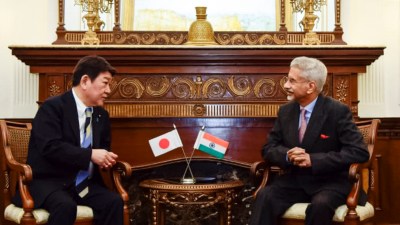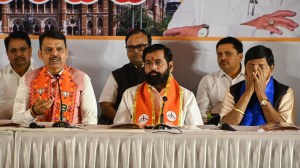Southern sync
Some heartening news for the prime minister. Occasionally, purely regional interests make more smoothly possible...

Some heartening news for the prime minister. Occasionally, purely regional interests make more smoothly possible the task of the Centre. This year alarm was sounded for a national highways project when Kerala8217;s Left Front government refused to permit collection of tolls on stretches of the highway in the state. Now, the Kerala government has indicated that within a few days it is likely to sign the state support agreement. As reported in this newspaper, the shift in the state government8217;s stance has come after the effort of the DMK8217;s T.R. Baalu, Union minister for shipping, road transport and highways. The DMK and the Left parties also happen to be electoral allies in Tamil Nadu.
The Left Front government8217;s objection to the collection of toll may have been obstinately ideological. But it was also indicative of a sense of disquiet states express in dealing with the Centre, even sometimes when both the state and Centre are governed by the same political party. It is, in essence, a conversation between states and Centre that has been going on since India adopted its Constitution in 1950. At the heart of the conversation is this question: should decision-making flow from the Centre to the federal constituents, or should it be more organic? In an unevenly paced re-equilibrium, the state of play has been moving since 1950 from the first option towards the second. The movement has been helped along by deepening federalism and the inclusion of a greater number of regional parties in governing coalitions at the Centre.
This is a reality which unsettles many politicians and theorists. But is it really a zero-sum game, where the region8217;s interests overshadow the nation8217;s? Regional parties8217; assertiveness may come from self-interest and awareness of their numbers in the Lok Sabha. States, however, also know that in the current political economy they are responsible for attracting investment and development. They also know that their voters hold them accountable for socio-economic indicators. To win elections, therefore, they must deliver. Perhaps this is why it took one regional party to explain the reality to another regional party and it made for both good politics and good economics.
- 01
- 02
- 03
- 04
- 05































